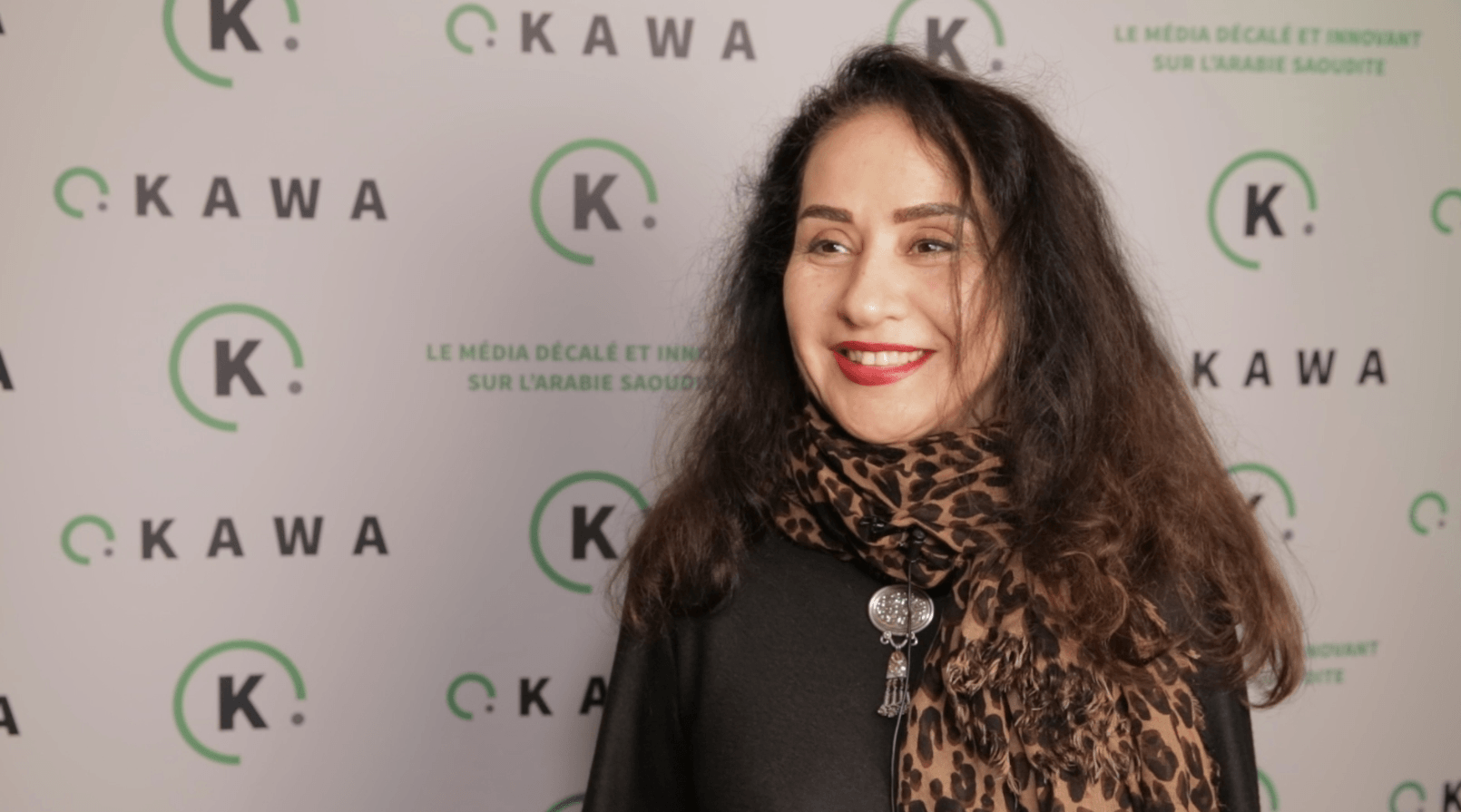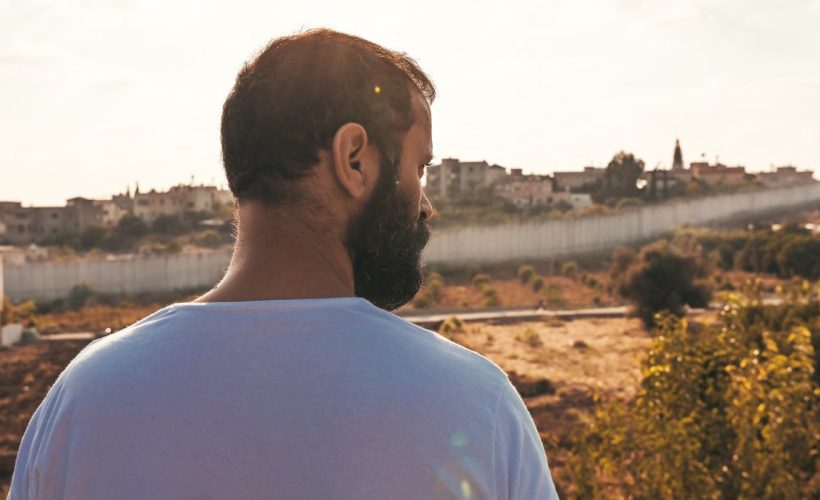Society
11.20.2017
Raja Alem: ”All my life, i tried to break the frame”

Raja Alem has been writing novels ever since she was 15 years old. Born in Mecca in 1970, she began to weave tales in her early teens inspired by her roots and religious culture. After studying literature in Jeddah, and working in journalism, she published her first novel Tariq al-Harir. Raja kept pushing on, until […]
Raja Alem has been writing novels ever since she was 15 years old. Born in Mecca in 1970, she began to weave tales in her early teens inspired by her roots and religious culture. After studying literature in Jeddah, and working in journalism, she published her first novel Tariq al-Harir.
Raja kept pushing on, until she was awarded a Creative Writing Prize by UNESCO in 2005, which pushed her to intensify the work she put into her new career. Raja moved to Paris in 2006, where French culture equally confused and fascinated her. Despite this, Raja Alem remained faithful to her writing framework which is heavily steeped in Middle-Eastern traditions, figures and places. Deftly, Raja manages to address ancient themes through a modern, fluid style of writing.
Fiction, the mirror of reality
Two of Raja’s works have been translated to French (Khatem: une enfant d’Arabie and more recently Le collier de la colombe). In the latter, Raja brings her birthplace Mecca to life, using it as a backdrop for a mystery. But on top of this intrigue, she depicts a civilization undergoing transformation, where intergenerational relationships are irrevocably complexified. The novel is a looking glass, in which we see current Saudi society geared towards more openness, technology and modernity, but also a society in which cultural and religious society are extremely strong.
Through her travels, origins and experience as a novelist, Raja Alem understands what losing one’s cultural bearings means. In her own words: “All her life, she’s tried to destroy stereotypes”. Both in fiction and in real life, she strives to create bridges between individuals in order to forward cultural rapprochement and living in harmony.
When did you start writing?
Raja Alem: Since an early age, I started writing when I was 15 years old, now I have maybe 12 novels. My books were translated into many languages: Polish, English, German, French.. to my pleasure.
Tell us a bit more about your latest novel.
Raja Alem: It is called “The dove necklace”, “Le collier de la colombe”. It was published by Stock Editions. This book is very important for me because it registers the changes overcoming my city – because I was born in Mecca. I lived in Mecca when it was still an ancient city and watched its transformation from an ancient face into modernity. At first, that change choked me, because it erased a lot of monuments of the face of Mecca, but it was necessary to host all those people who come every year to do the pilgrimage. The book is like a nostalgia to the old Mecca and what happened to the people who witnessed this fast change. Because Saudi Arabia took a leap between ancient times to modernity. It created a gap, a rift between people, a contradiction, because, imagine: your mother and grandmother are in an era, in an age, and you are already modernized, it’s science fiction!
As a Saudi woman, would you say it was a challenge for you to become a writer?
Raja Alem: As a writer I am trying to register and capture what a person coming from a religious background experiences in an environment like France. It is very interesting, it has opened me to many new horizons, me, personally, I am changing, as I am exposed to this feeling of total freedom which is very enlightening.
If you were to address a message to your French readers?
Raja Alem: Listen with your heart, and be open to people as human, and not as framed people. All my life, I tried to break the frame. We tend to frame people, ourselves, but also others. And we say that: they are rigid, they are conservative, they are fundamentalist – about the Saudis and the people coming from Islamic culture. But it’s not true: there are people who are really in the world, who are really open with their heart aspirations. Human beings are human beings everywhere.
popular

